Shiwani Mahajan
Learning to Ask Medical Questions using Reinforcement Learning
Mar 31, 2020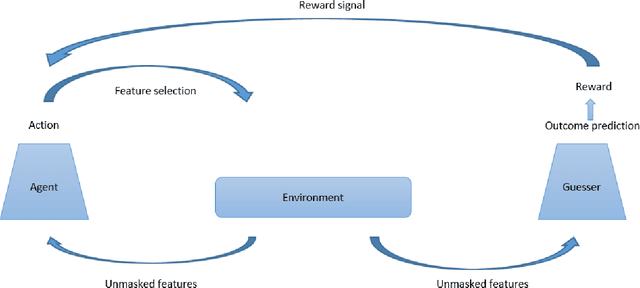
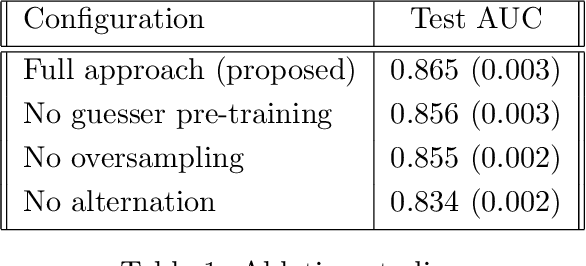
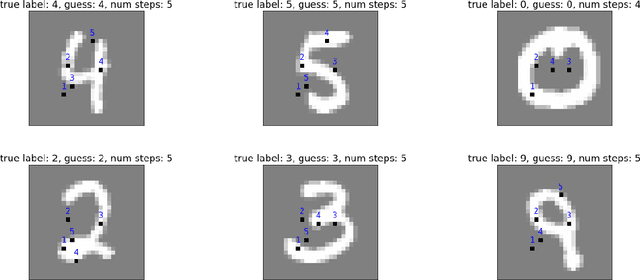
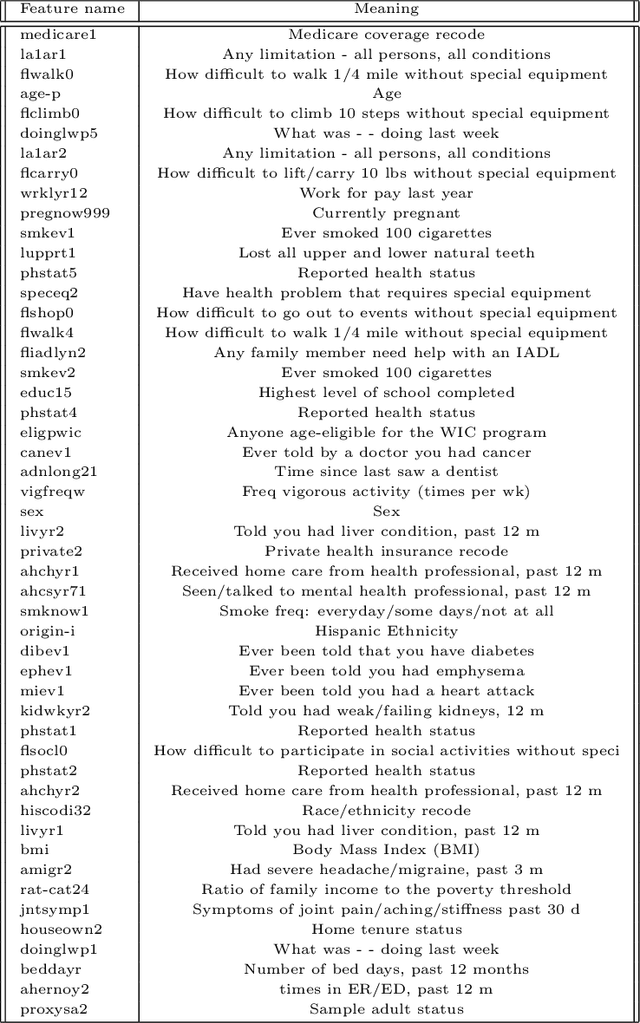
Abstract:We propose a novel reinforcement learning-based approach for adaptive and iterative feature selection. Given a masked vector of input features, a reinforcement learning agent iteratively selects certain features to be unmasked, and uses them to predict an outcome when it is sufficiently confident. The algorithm makes use of a novel environment setting, corresponding to a non-stationary Markov Decision Process. A key component of our approach is a guesser network, trained to predict the outcome from the selected features and parametrizing the reward function. Applying our method to a national survey dataset, we show that it not only outperforms strong baselines when requiring the prediction to be made based on a small number of input features, but is also highly more interpretable. Our code is publicly available at \url{https://github.com/ushaham/adaptiveFS}.
A Neural Topic-Attention Model for Medical Term Abbreviation Disambiguation
Oct 30, 2019
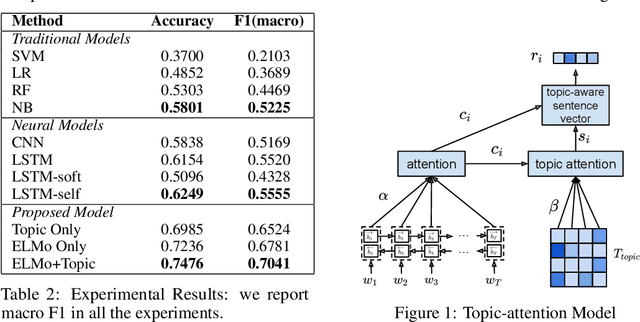
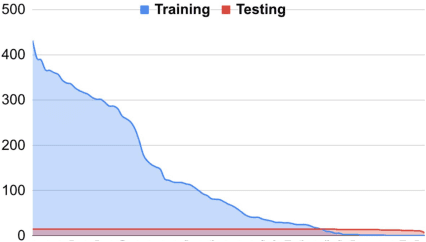
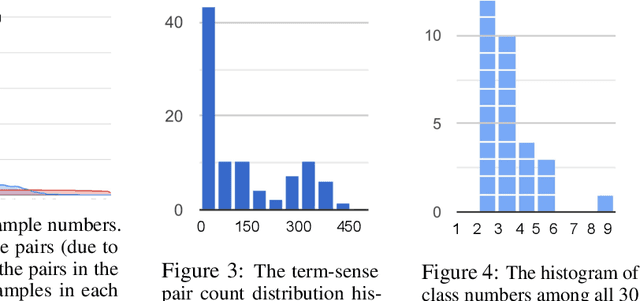
Abstract:Automated analysis of clinical notes is attracting increasing attention. However, there has not been much work on medical term abbreviation disambiguation. Such abbreviations are abundant, and highly ambiguous, in clinical documents. One of the main obstacles is the lack of large scale, balance labeled data sets. To address the issue, we propose a few-shot learning approach to take advantage of limited labeled data. Specifically, a neural topic-attention model is applied to learn improved contextualized sentence representations for medical term abbreviation disambiguation. Another vital issue is that the existing scarce annotations are noisy and missing. We re-examine and correct an existing dataset for training and collect a test set to evaluate the models fairly especially for rare senses. We train our model on the training set which contains 30 abbreviation terms as categories (on average, 479 samples and 3.24 classes in each term) selected from a public abbreviation disambiguation dataset, and then test on a manually-created balanced dataset (each class in each term has 15 samples). We show that enhancing the sentence representation with topic information improves the performance on small-scale unbalanced training datasets by a large margin, compared to a number of baseline models.
 Add to Chrome
Add to Chrome Add to Firefox
Add to Firefox Add to Edge
Add to Edge